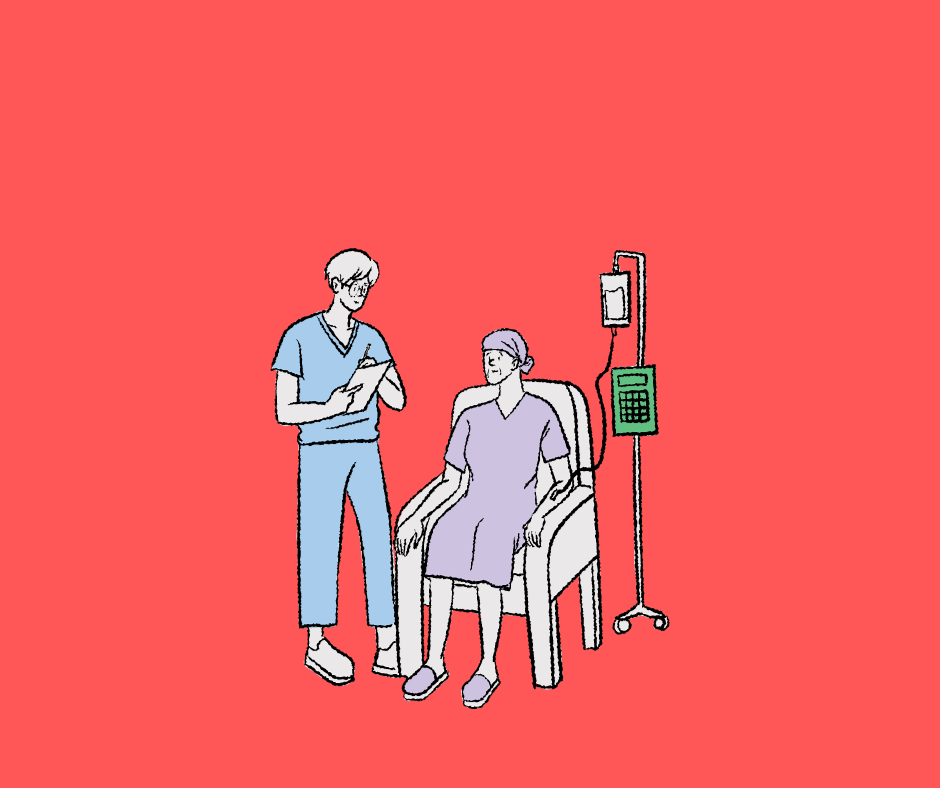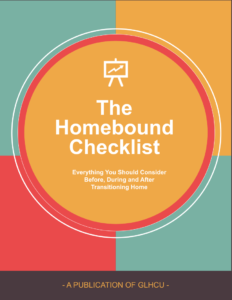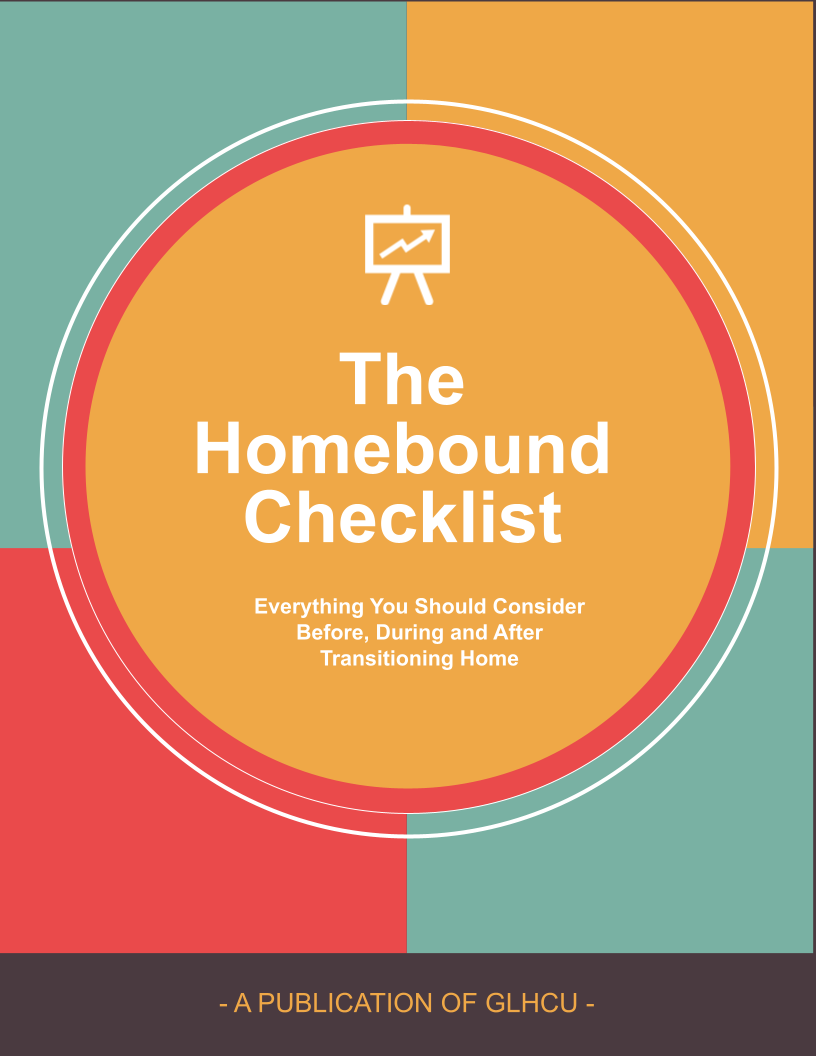The Importance of In-Home Care for Individuals with Heart Disease

Introduction
Living with heart disease can be a challenging journey, requiring consistent care and support. In-home care has emerged as a crucial component in managing this condition effectively. This article delves into the significance of in-home care for individuals battling heart disease, highlighting its benefits, personalized approach, and its positive impact on overall well-being.
Understanding Heart Disease
Defining Heart Disease
Heart disease encompasses a range of conditions affecting the heart's functionality, including coronary artery disease, heart failure, and arrhythmias. It is a leading cause of morbidity and mortality worldwide.
The Need for Continuous Care
Individuals with heart disease often require ongoing monitoring and intervention to manage symptoms, medications, and lifestyle adjustments effectively.
The Benefits of In-Home Care
Tailored Care Plans
In-home care offers personalized care plans designed to meet the specific needs of individuals with heart disease. These plans are crafted in collaboration with healthcare professionals to ensure optimal management.
Comfort and Familiarity
Being in one's own home provides a sense of comfort and familiarity, reducing stress and anxiety levels. This conducive environment aids in the recovery process.
Medication Management
Proper administration of medications is crucial for managing heart disease. In-home caregivers play a vital role in ensuring medications are taken as prescribed, preventing complications.
Dietary Guidance and Meal Preparation
A heart-healthy diet is paramount for managing heart disease. In-home caregivers can assist in meal planning and preparation, ensuring that dietary recommendations are followed diligently.
The Holistic Approach of In-Home Care
Emotional Support
Managing heart disease can take an emotional toll on individuals and their families. In-home caregivers offer not only physical support but also emotional reassurance, creating a nurturing environment.
Physical Activity and Rehabilitation
In-home care can incorporate tailored exercise programs and rehabilitation routines, promoting cardiovascular health and overall well-being.
Monitoring Vital Signs
Regular monitoring of blood pressure, heart rate, and other vital signs is essential. In-home caregivers are trained to perform these tasks, providing timely updates to healthcare professionals.
Empowering Independence and Quality of Life
Maintaining Independence
In-home care empowers individuals to maintain a level of independence while receiving the necessary support. This fosters a sense of dignity and self-worth.
Enhancing Quality of Life
With professional assistance, individuals with heart disease can engage in activities they enjoy, leading to an improved quality of life and a more fulfilling daily experience.
Conclusion
In-home care stands as a vital pillar in the comprehensive management of heart disease. Its tailored approach, combined with the comfort of one's own environment, fosters a holistic healing experience. By providing not only physical support but also emotional reassurance, in-home caregivers play a pivotal role in enhancing the well-being of individuals with heart disease.
FAQs
- Is in-home care suitable for all stages of heart disease? In-home care can be tailored to various stages of heart disease, from early diagnosis to advanced cases. Care plans are adjusted to meet specific needs.
- How do I find a reliable in-home care provider? Research local agencies, read reviews, and ask for recommendations from healthcare professionals to find a reputable in-home care provider.
- What qualifications should in-home caregivers have for heart disease patients? Caregivers should have relevant training and certification in cardiac care. They should also be equipped to handle emergencies and administer medications.
- Can in-home caregivers assist with mobility and exercise routines? Yes, in-home caregivers can create personalized exercise plans and assist individuals in performing mobility exercises to promote cardiovascular health.
- Is in-home care covered by insurance for heart disease patients? Many insurance plans provide coverage for in-home care services, especially when prescribed by a healthcare professional. It's advisable to check with your insurance provider for specific details.


